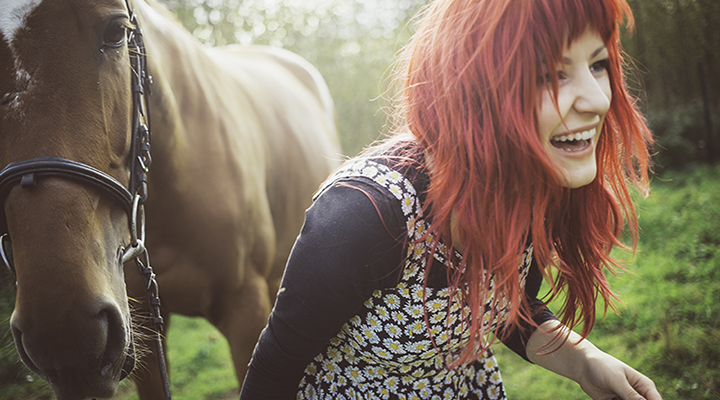
In Idaho, there’s a horse for every 9 people. And because we’re such an equine-loving state, we need to take care of our ponies, starting with their teeth.
Much like humans, a horse’s oral health is connected to their overall health. Here are some basic dental tips for your noble steed:
• Check before you ride.
Every time you bridle your horse, take the time to look at incisors, front molars and gums. If you notice anything odd, contact your veterinarian immediately.
• Tack on an appointment.
Just like humans, a professional should examine your horse’s mouth on a regular basis. Schedule regular appointments with your veterinarian (frequency recommendations vary based on the age of the horse).
• File your fillies.
Horse teeth never stop growing. Teeth can grow unevenly and develop sharp edges, making chewing difficult or painful. Filing (known as “floating”) helps even out your horse’s teeth, preventing infection and complications. Always seek the help of a professional before you float.
• Stay on watch.
Signs of bad teeth can appear in more than just the mouth. Contact your vet if your horse has any of the following symptoms:
· Bad breath
· Bloat or weight loss
· Undigested food in manure
· Drooling
· Inability to chew

